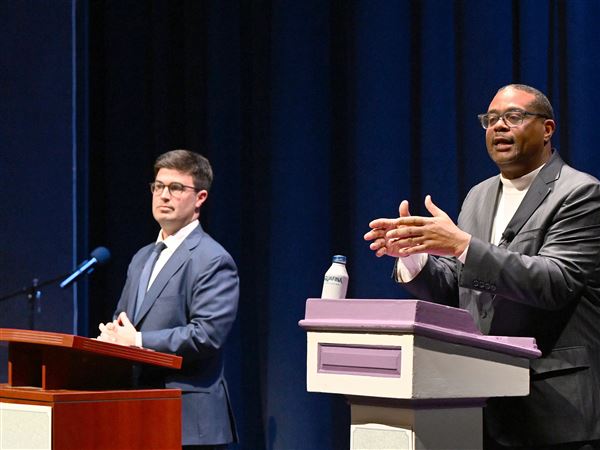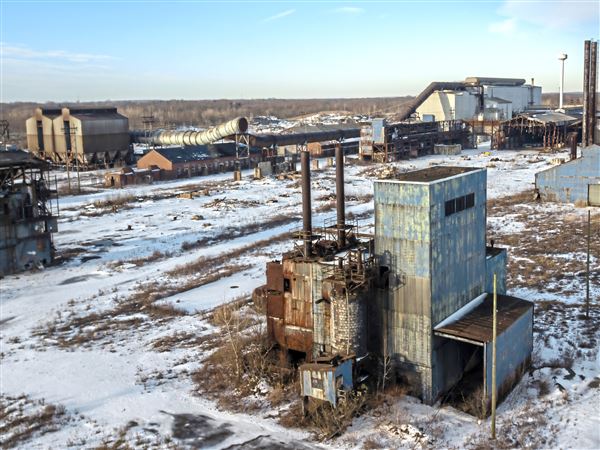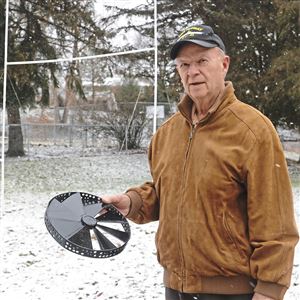Pittsburgh long has been a center of innovation — George Westinghouse’s air brake, Charles Martin Hall’s process for producing aluminum and Jonas Salk’s polio vaccine quickly come to mind — and today’s high-tech economy is sure to inspire many more like them.
However, many inventions never pay off or amount to much. That’s just a fact of the business world. Inventors and entrepreneurs have to be careful not to let their drive for success — their eagerness to cash in on their good ideas —cloud their financial judgment.
As the Post-Gazette’s Courtney Linder explained in a Jan. 20 story, some inventors turn to “invention promoters” for help taking their ideas to market. These firms charge fees for recruiting investors, exhibiting inventions at trade shows and trying to woo manufacturers. They might charge a small introductory fee to do basic work, then charge a higher fee to take the marketing campaign to the next level, and ultimately take a slice of the royalties if the product goes into production.
Because few ideas make it very far, inventors may spend thousands of dollars on fees and in return get ... nothing. After a while, Bethel Park resident Bob Gonzalez, who invented a lawn game that uses a device similar to a frisbee, couldn’t even get the firm he retained to return calls or emails. He’s been waiting years to hear something from them.
The firms are supposed to be upfront about their success rates, but some, including a couple from Pittsburgh, have gotten into trouble for misleading their clients. While they have excellent ideas, inventors may be inexperienced business people. They must be cautious about who they do business with and, before entering into partnership with private-sector promoters, they should see what government help is available.
Despite the city’s storied record of innovation, Pittsburgh often is knocked for shortages of venture capital and failing to do enough to nurture entrepreneurs. Hopefully, that’s changing. The Urban Redevelopment Authority last year began offering micro-loans to start-ups, and the agency’s LaunchPGH website aims to connect entrepreneurs with funding opportunities, work space and other resources. The city also is a sponsor of PGH Lab, which enables start-ups to test and refine products through partnerships with government agencies.
The city and its universities should continue to find ways to reach out to those working on the next big thing. That might even prompt the private-sector invention promoters, like the one that evidently abandoned Mr. Gonzalez, to up their game.
First Published: January 28, 2019, 11:00 a.m.
















